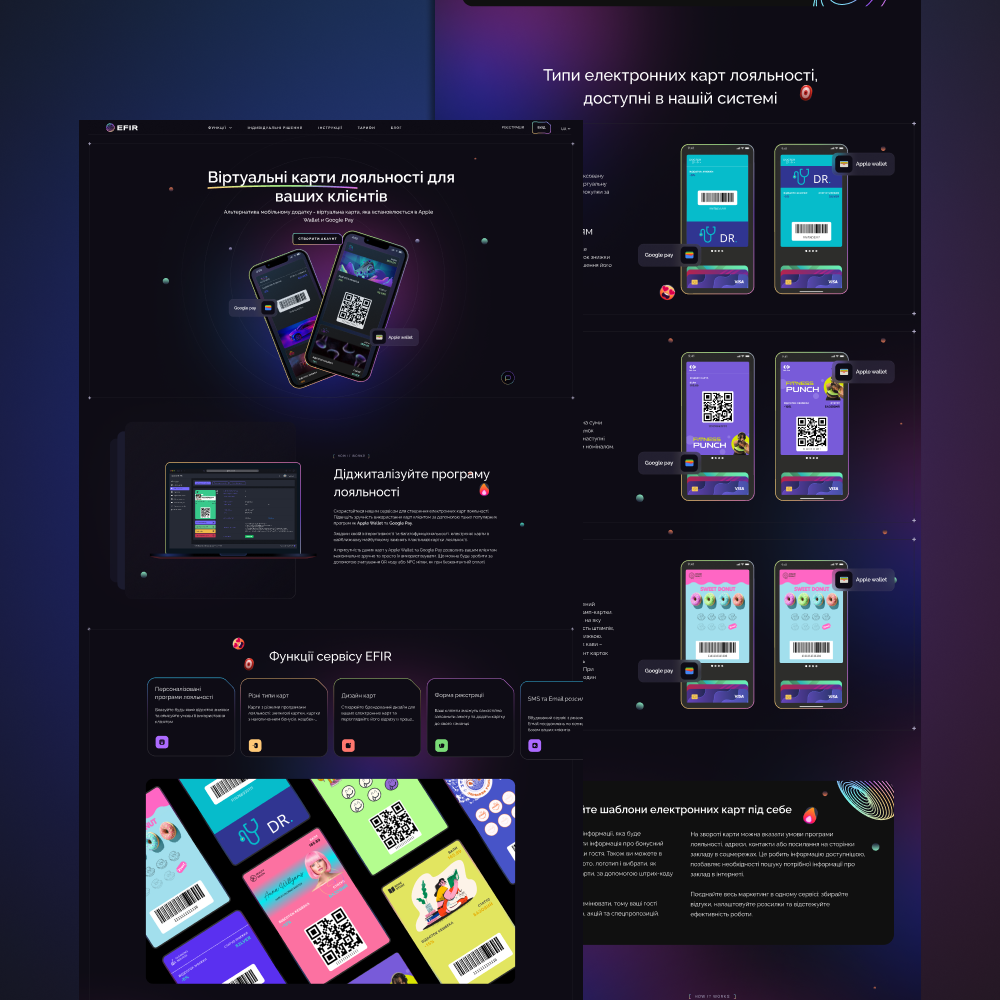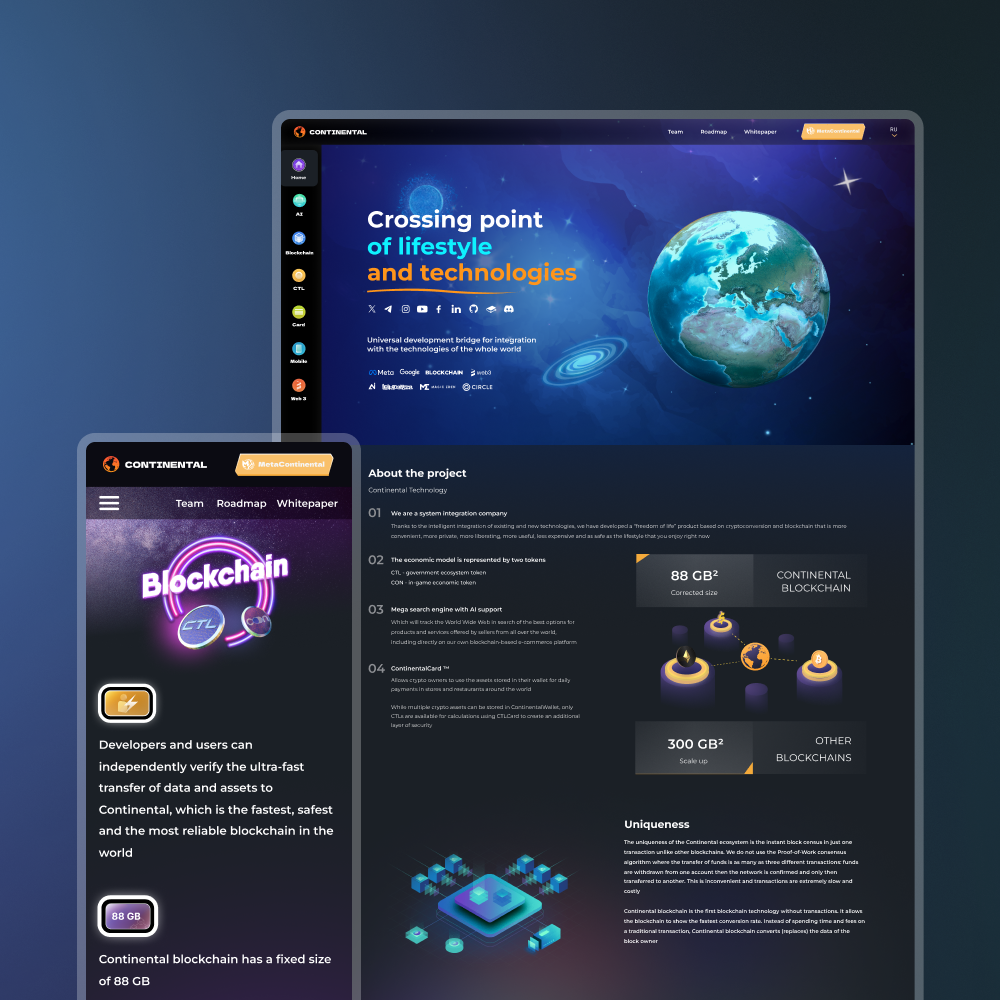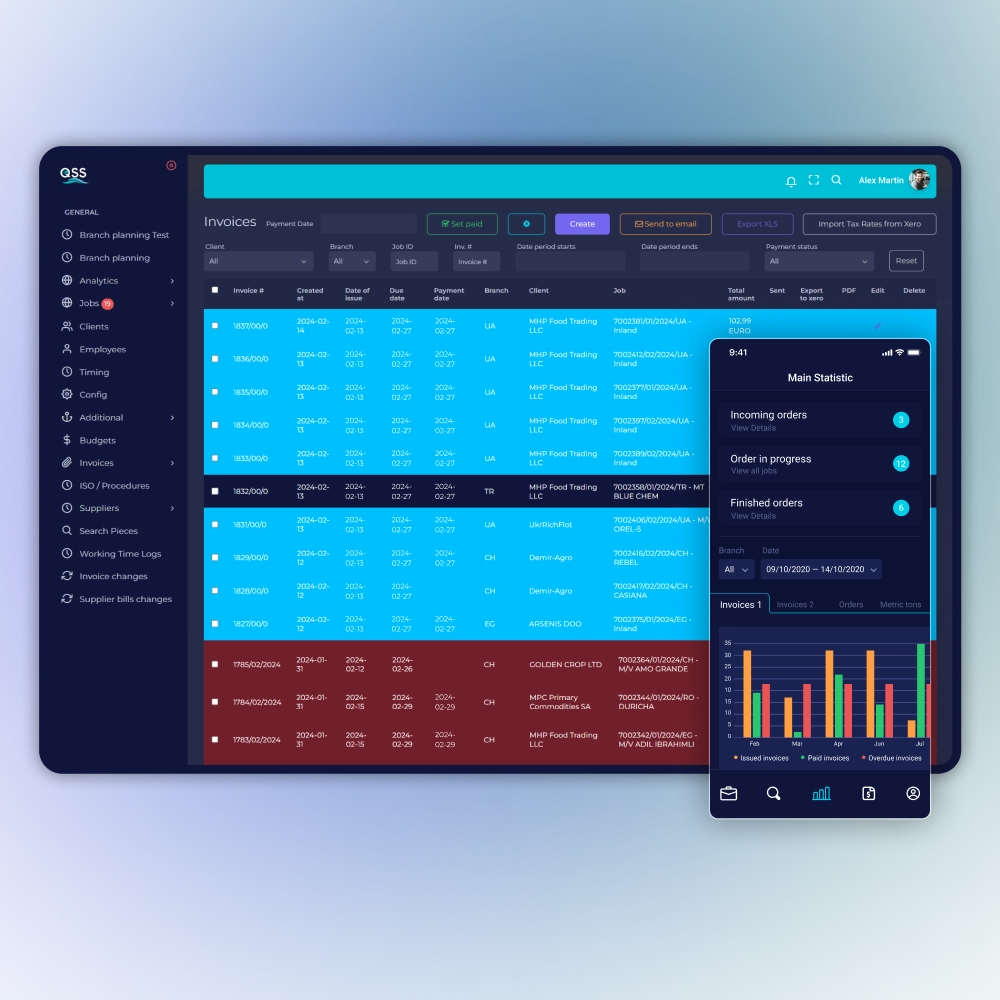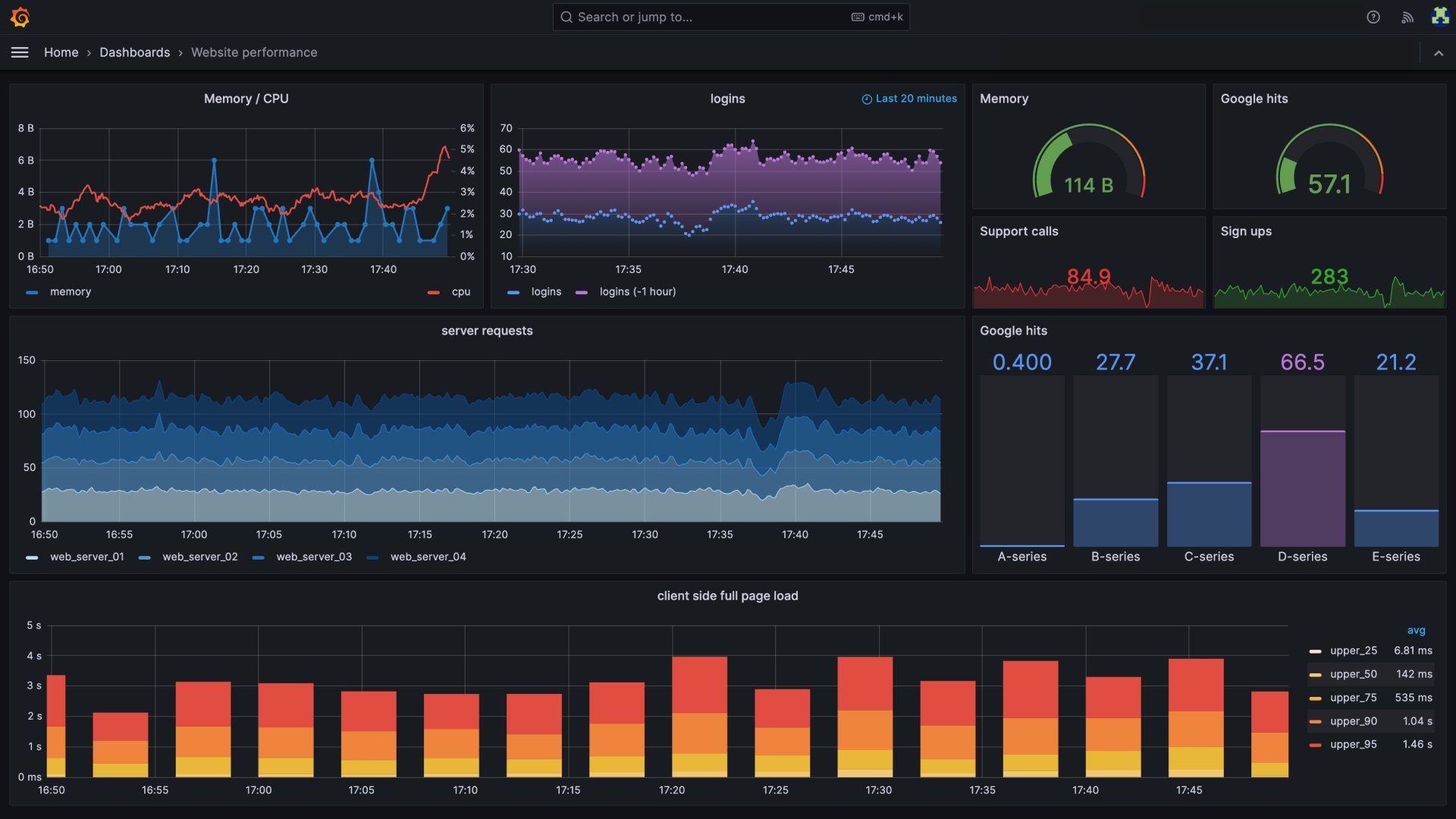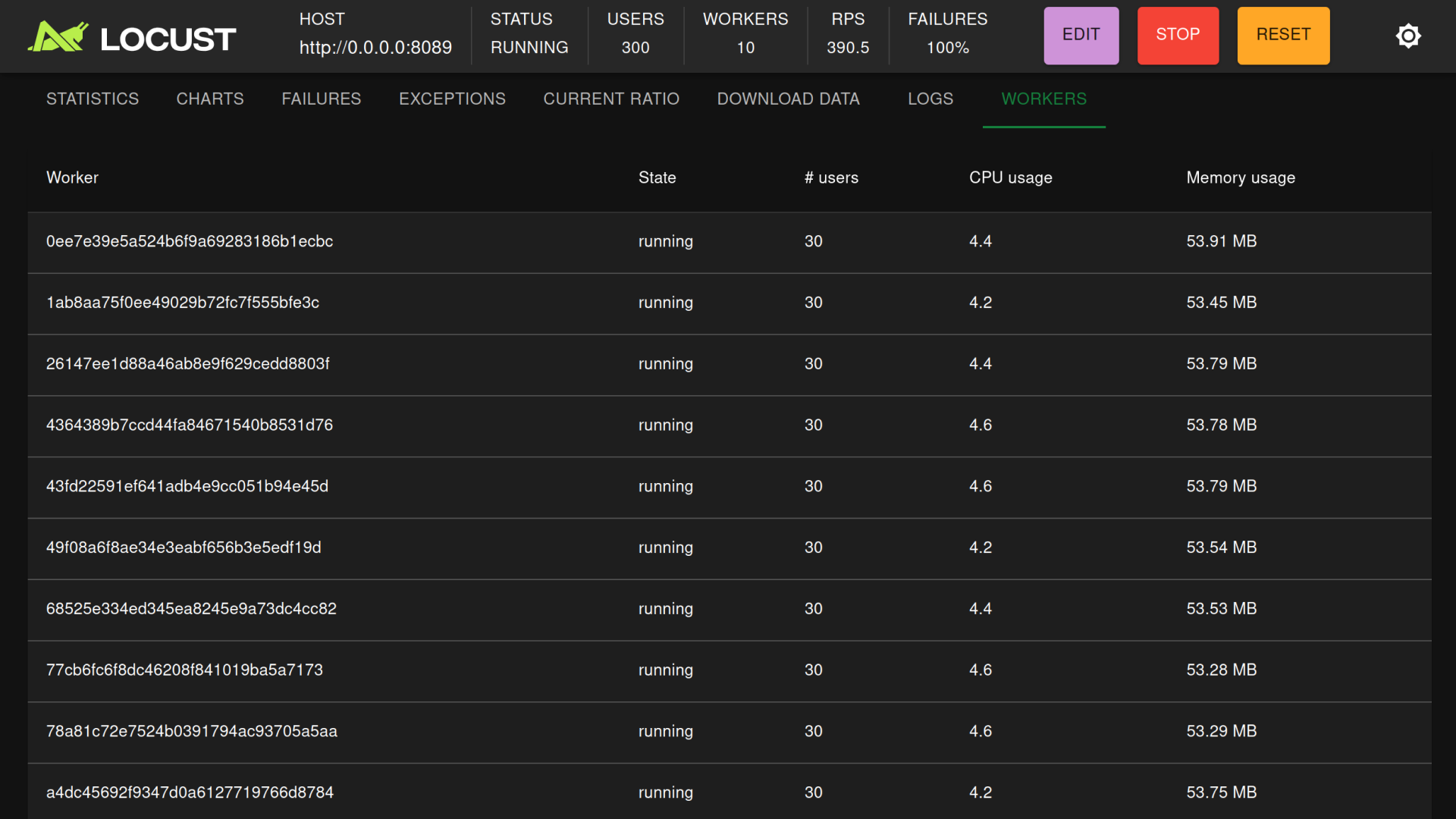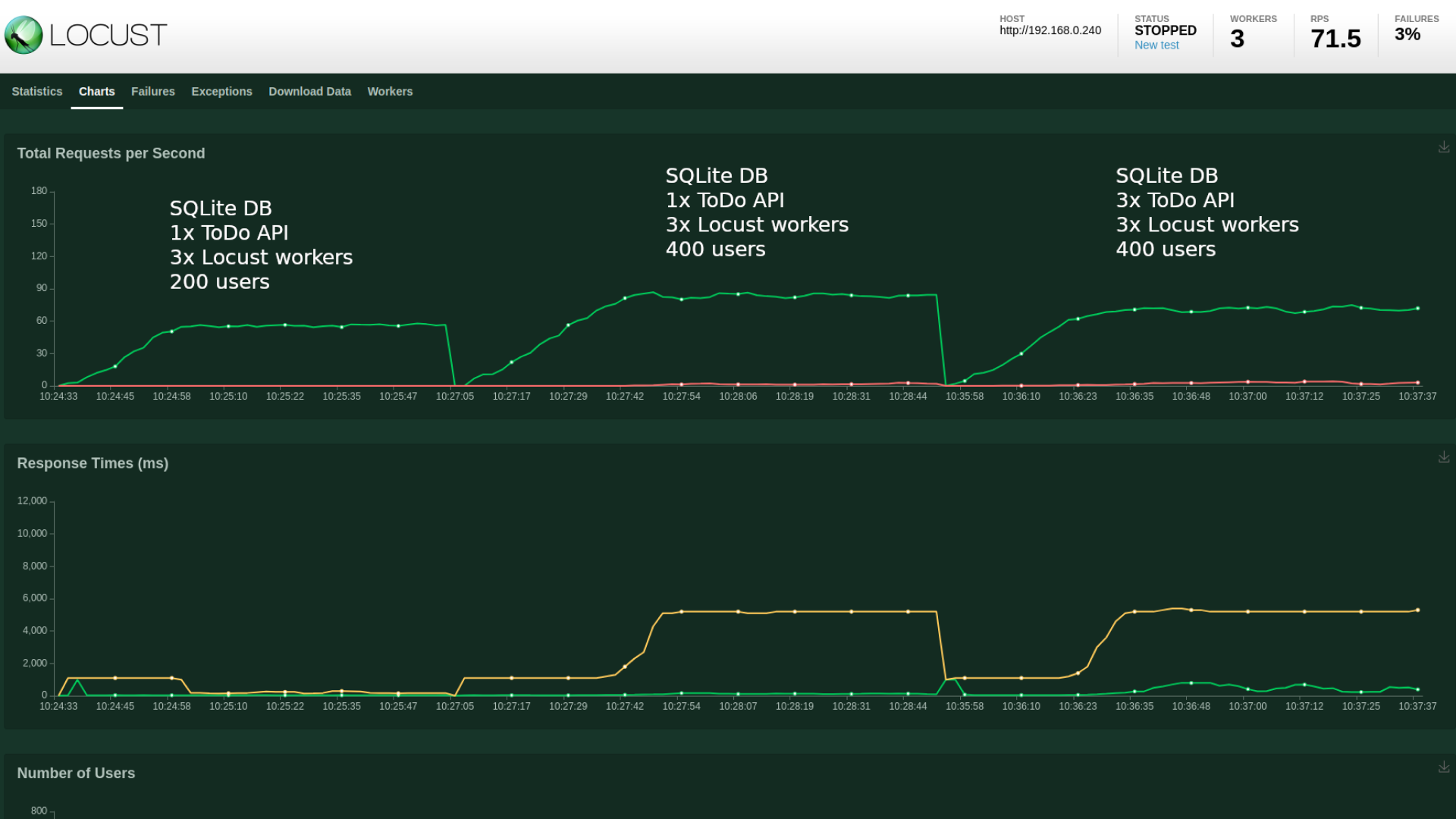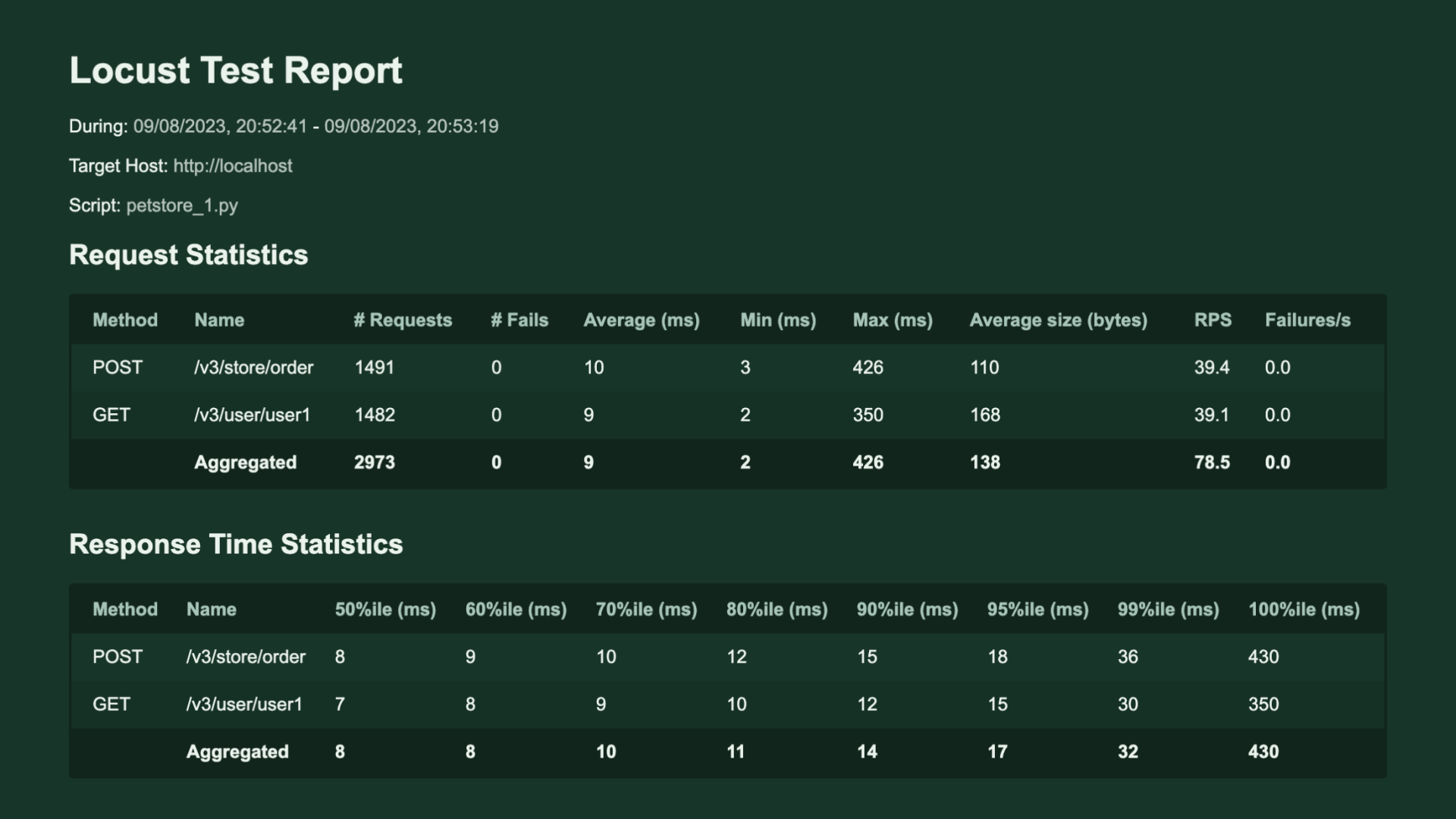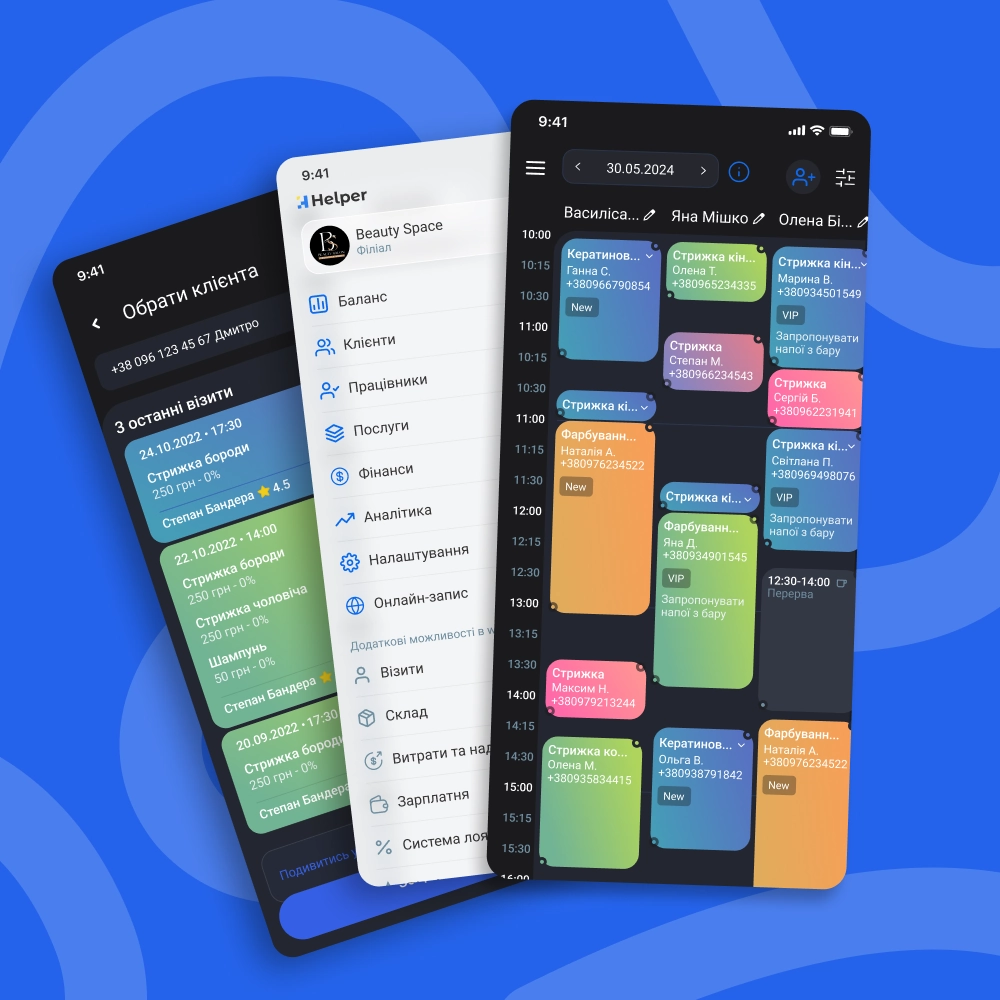










QA
Hire a software tester (QA)
The quality of digital products directly impacts business success. Even minor errors can reduce conversion rates, cause negative user feedback, and damage a company's reputation. To avoid this, it's essential to hire a QA tester to ensure stable, secure, and predictable product operation throughout all stages of development.
AVADA MEDIA provides QA testing services and flexible collaboration options – you can engage a single specialist to support an ongoing project or build a team to take full control of the project. With us, you can quickly hire a QA specialist to strengthen your team and ensure product quality at any stage of development.

Portfolio
Choose a developer
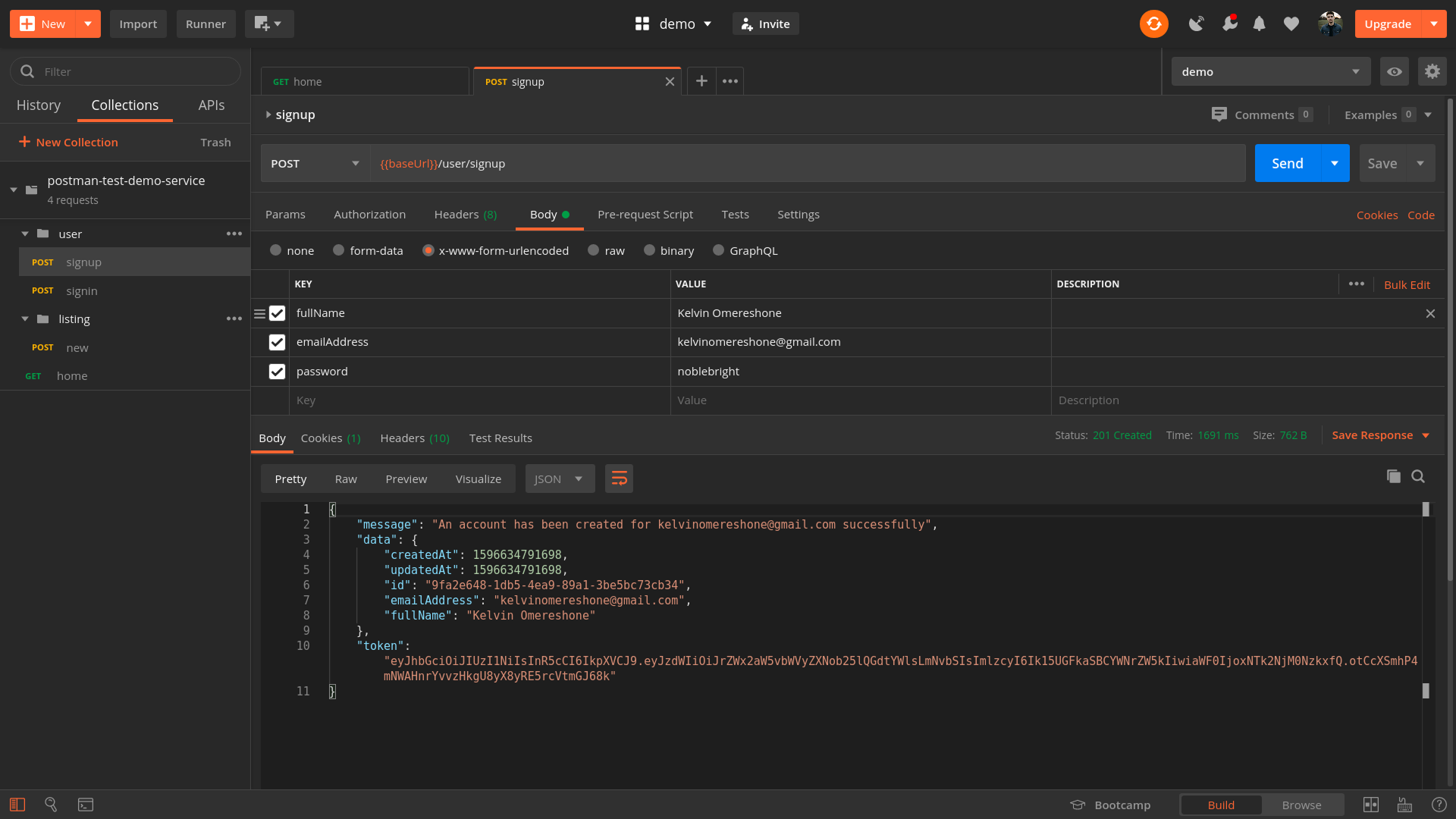
Who is a website and application tester?
A tester or QA engineer monitors the quality of a digital product—its usability, stability, and security. They don't just find bugs; they help make the product reliable, speed up launches, halve the cost of fixes, and improve user satisfaction. Their responsibilities include:
- Functional testing, during which a tester verifies the product's compliance with the requirements stated in a technical specifications and the correct operation of each function. Learn more about our approach to developing technical specifications for turnkey projects.
- Performance testing during website development, where a specialist evaluates the speed, stability, and behavior of the system under various loads to ensure correct operation under high traffic conditions.
- Security testing helps identify vulnerabilities that could compromise data or service operations, particularly attack resistance and user data security.
- A QA specialist conducts cross-browser and cross-platform testing when a product is designed for use in multiple environments. This is especially true when developing PWAs and mobile apps for various browsers and operating systems. The tester verifies the correctness of interfaces, the stability of functions, and compatibility with target devices to ensure the product works equally well for all users.
- Usability testing is essential for analyzing a product's usability and user experience. A tester evaluates how intuitive the interface is, whether navigation is logical, and how quickly and easily visitors can perform key actions. A QA specialist checks the readability of text, the placement of buttons and elements, the accuracy of tooltips, and, when developing online stores, the sequence of steps in processes (e.g., registration, order placement, payment). They also identify potential points of frustration or complex scenarios that may slow down or discourage users. Read more about web interfaces.
Technologies and tools for testing websites and applications
Our QA engineers use a wide range of tools and technologies for comprehensive product testing, which speed up processes, improve accuracy, and integrate testing into CI/CD pipelines.
- A manual QA specialist often uses test case management systems (TestRail, Zephyr) and bug tracking systems (Jira, TeamWork), as well as tools for log collection and API analysis, such as Postman.
- An automated testing specialist can use specialized tools to speed up the review of repetitive scenarios, reduce routine work, and integrate tests into CI/CD processes. For web applications, we recommend hiring QA specialists who use Selenium, Cypress, and Playwright; for APIs, we recommend Postman and RestAssured; and for assessing application performance and scalability, we use Locust. QA automation is especially useful for regression testing, stability testing after updates, and large-scale projects where manual testing becomes too labor-intensive.
A modern QA tester is more than just a quality controller; they are an integral part of the team, helping to build a reliable, fast, and user-friendly product. AVADA MEDIA experts recommend hiring a Manual QA specialist for projects with non-standard scenarios and frequent interface changes. An automation specialist should be hired for large projects, recurring checks, and regression testing to ensure stability after updates and speed up the development process.
When is it necessary to hire a QA tester?
Testing services are required for any project where the stability, security, and quality of a digital product are important.
- Before launching a new product or version, it's important to ensure that the functionality works correctly and that users receive a seamless experience.
- When adding new features or scaling a project, a QA engineer identifies potential bugs and prevents negative impacts on existing functionality.
- For regression testing, which involves checking that new changes do not break existing functionality.
- When integrating with external services and APIs, a QA tester verifies the correctness of data exchange and interaction between systems.
- To evaluate performance and stability under load – especially relevant for web applications and mobile services with a large number of users.
- To check security and prevent vulnerabilities, the tester identifies potential risks and the reliability of data protection.
The right time to hire a QA specialist is determined individually, but the sooner a tester joins a project, the higher the quality of the final product will be and the fewer risks it will pose to the business.
We offer flexible collaboration formats, guaranteeing optimal conditions for the successful implementation of your project.
- Outstaffing means hiring a QA tester and integrating them into your team, while remaining our employee. You gain complete control over the process, integrating the specialist into your team, and the ability to manage tasks directly.
- Outsourcing – we take care of the entire website or app testing process: planning, execution, and reporting. This approach is suitable for you if you don't want to control every process and stage, but expect excellent results.
We can also provide a dedicated team that will handle all stages of development. This includes a project manager, UX/UI designer, front-end and back-end developers, mobile developers, and testers. We guarantee process transparency, deadline adherence, and the creation of a finished product fully tailored to your business needs. Our deep expertise and personalized approach allow us to flexibly manage resources, save time and budget, and ensure high-quality product development.
Why hire a QA tester at AVADA MEDIA?
With extensive experience in creating large-scale IT solutions, our specialists build effective testing processes, prevent potential errors early in development, and guarantee product stability. We offer flexible and transparent terms of cooperation and predictable pricing. By engaging AVADA MEDIA testers, you optimize costs, build customer trust, and receive a product ready for market launch without unnecessary risks. Contact us today to discuss your project and find the optimal collaboration format.
FAQ
-
How do we know if we need a website QA tester right now?
If your product is in active development, regularly updated, or already has a significant audience, having a dedicated specialist is critical. Our QA engineer will integrate into your team and help build an effective quality assurance process, saving you time and money on post-release bug fixes.
-
Is it possible to hire a software tester for a few hours a week?
We offer flexible collaboration options, from full implementation with your team to project work or consultations. You can order a QA review of your product to obtain an expert assessment of its quality, or hire a specialist for one-time testing before an important release.
-
How quickly can an app and website tester start working?
After discussing your requirements and signing the contract, our specialist can begin work within 1-2 business days. We value your time and understand the importance of getting started quickly.
-
Is it possible to test individual project functions (e.g. payments, integrations)?
Our specialists have experience testing a variety of systems, including complex integrations, payment gateways, APIs, and much more. We delve deeply into the specifics of your project to ensure its reliability.
-
Why shouldn't you trust website and app testing to developers?
Testing requires a different mindset, one focused on finding errors rather than confirming functionality. A dedicated website and app tester works independently and can find errors that no one else would notice.
-
At what stage of development is it best to involve a tester?
The earlier, the better. Hiring QA engineers during the planning stage means identifying potential risks and architectural issues before coding. Shift-left testing is an approach that can save up to half the bug-fixing budget.














